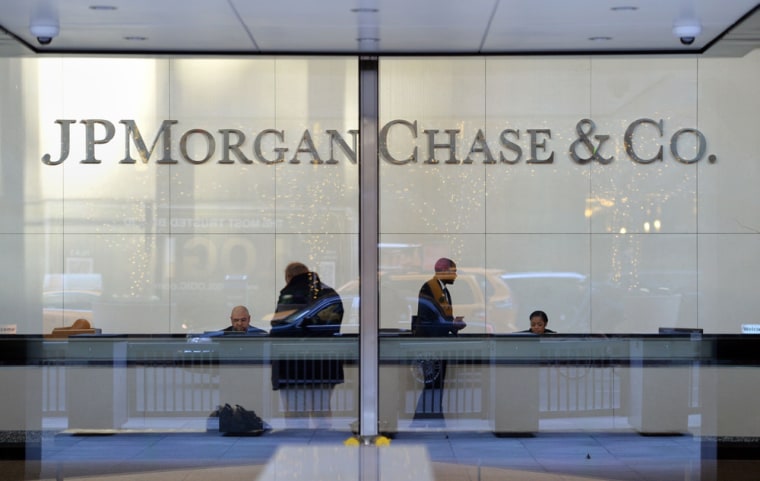JPMorgan Chase is expected to pay about $2 billion to settle an investigation into its dealings with convicted fraudster Bernard Madoff, though no individuals at the bank will be implicated, sources familiar with the agreement told CNBC.
The deal, which Manhattan U.S. Attorney Preet Bharara could announce as soon as Tuesday, will also allow the bank to avoid criminal charges by agreeing to adopt tighter anti-money-laundering controls and other reforms, the sources said.
The settlement would represent roughly one week's revenue for the nation's largest bank, which reported $23.8 billion in revenue in third-quarter 2013.
Bharara's office declined to comment Monday, as did the Office of the Comptroller of the Currency (the bank's chief regulator) and the bank itself.
Madoff, who is serving a 150-year prison sentence for running a $65 billion Ponzi scheme, used Chase as his primary bank for more than 20 years. He admitted fabricating stock trades and putting his investors' money into a single account at the bank.
Almost as soon as Madoff confessed in 2009, JPMorgan Chase was in regulators' cross-hairs, but they have been unable to bring a case until now.
Court-appointed Trustee Irving Picard, who is recovering funds for victims, sued the bank in late 2010, claiming that it was "at the very center of the fraud" and "thoroughly complicit in it." The suit claimed bank officials deliberately turned a blind eye to the activities of a major depositor while at the same time selling structured investments that were based on Madoff's purported returns.
Picard is not a party to the agreement expected to be announced this week. JPMorgan has denied his allegations, saying its employees acted in good faith.
The trustee's suit cited emails between JPMorgan Chase executives questioning Madoff's returns, and it noted that in October 2008 the bank notified authorities in Great Britain that his returns "appear too good to be true." But the bank did not make a similar filing in the U.S., and less than two months later the scheme collapsed. U.S. anti-money laundering laws require banks to know their customers and report suspicious activity.
In October, after a federal judge and an appeals panel had ruled that he does not have standing and dismissed most of his claims, Picard appealed to the Supreme Court.
But some of the same allegations made by Picard are at the heart of the bank's agreement with authorities.
JPMorgan will admit to some wrongdoing in the settlement, sources say, though nothing close to what Picard alleges. Rather than address any individual conduct, the agreement is likely to focus on lax controls at the bank that allowed the scam to flourish for years. At the heart of the settlement is a so-called deferred prosecution agreement, which requires the bank to abide by a set of remedies under threat of criminal charges.
As CNBC reported in December, regulators were also looking into whether the bank "impeded" their investigation, but it is unclear if the agreement will address that issue.
Under the settlement, a portion of the $2 billion is expected to be earmarked for victims through a special fund established by the Justice Department late last year.
JPMorgan has been aggressively seeking to settle a number of government investigations. Last year, it agreed to a record $13 billion settlement with the Justice Department over alleged abuses in the mortgage market before the 2008 financial crisis.
—By CNBC's Scott Cohn. Follow him on Twitter @ScottCohnCNBC
